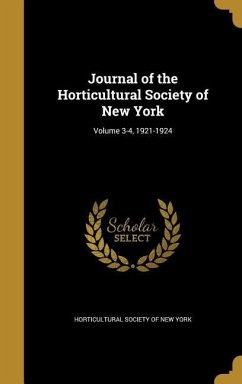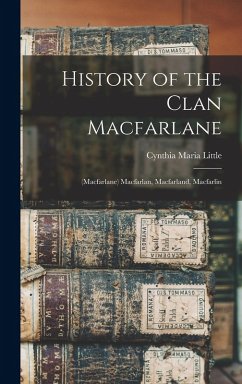
Frank Macfarlane Burnet and the Nature of the Bacteriophage, 1924-1937
Versandkostenfrei!
Versandfertig in 6-10 Tagen
52,99 €
inkl. MwSt.

PAYBACK Punkte
26 °P sammeln!
This Ph.D. dissertation is an intellectual historythat traces the development of the investigativepathway carved out by Frank Macfarlane Burnet duringthe course of his research on bacteriophages. Burnetwas a Nobel Prize-winning Australian microbiologistwho made seminal contributions to virology andimmunology in the mid-20th century. He began hiscareer by studying bacteriophages and made importantdiscoveries in this area between 1924 and 1937. Ofparticular significance are his studies on phagegrowth, through which which helped establish theidentity of phages as bacterial viruses, amuch-debated ...
This Ph.D. dissertation is an intellectual history
that traces the development of the investigative
pathway carved out by Frank Macfarlane Burnet during
the course of his research on bacteriophages. Burnet
was a Nobel Prize-winning Australian microbiologist
who made seminal contributions to virology and
immunology in the mid-20th century. He began his
career by studying bacteriophages and made important
discoveries in this area between 1924 and 1937. Of
particular significance are his studies on phage
growth, through which which helped establish the
identity of phages as bacterial viruses, a
much-debated issue in the scientific community at
that time. Also significant is his work on the
problem of lysogeny, a matter of considerable
controversy among phage biologists, for which Burnet
furnished an elegant solution. Using a combination of
Burnet s published papers and personal writings,
primarily diaries and letters, this dissertation
traces the development of his phage work and analyzes
its influence on his later research in the
disciplines for which he became famous.
that traces the development of the investigative
pathway carved out by Frank Macfarlane Burnet during
the course of his research on bacteriophages. Burnet
was a Nobel Prize-winning Australian microbiologist
who made seminal contributions to virology and
immunology in the mid-20th century. He began his
career by studying bacteriophages and made important
discoveries in this area between 1924 and 1937. Of
particular significance are his studies on phage
growth, through which which helped establish the
identity of phages as bacterial viruses, a
much-debated issue in the scientific community at
that time. Also significant is his work on the
problem of lysogeny, a matter of considerable
controversy among phage biologists, for which Burnet
furnished an elegant solution. Using a combination of
Burnet s published papers and personal writings,
primarily diaries and letters, this dissertation
traces the development of his phage work and analyzes
its influence on his later research in the
disciplines for which he became famous.












